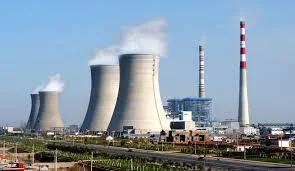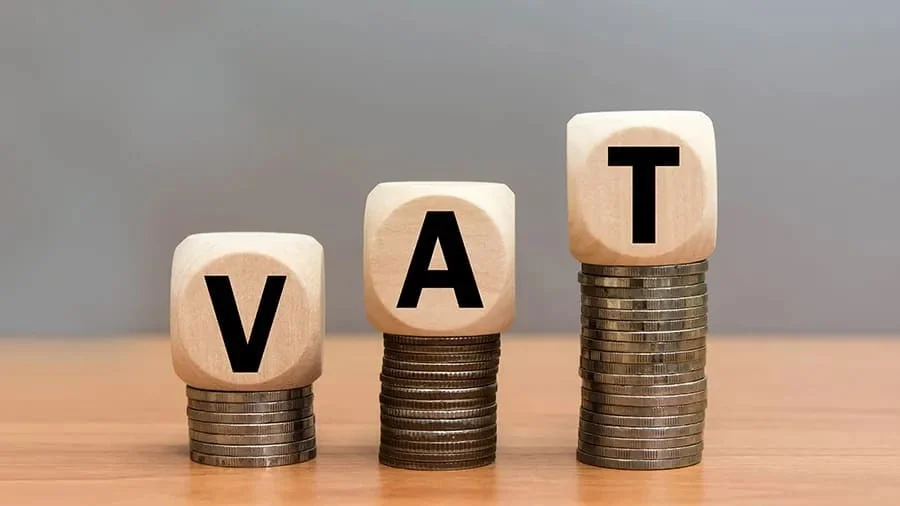 Senegal has officially commenced the construction of a $1 billion gas power plant as part of its efforts to boost electricity generation and transition toward cleaner energy sources. The project, located in the city of Bargny, is a major step in Senegal’s plan to diversify its energy mix, reduce reliance on imported fuels, and meet growing domestic demand for electricity.
Senegal has officially commenced the construction of a $1 billion gas power plant as part of its efforts to boost electricity generation and transition toward cleaner energy sources. The project, located in the city of Bargny, is a major step in Senegal’s plan to diversify its energy mix, reduce reliance on imported fuels, and meet growing domestic demand for electricity.
The power plant will use natural gas extracted from Senegal’s offshore fields, particularly the Greater Tortue Ahmeyim (GTA) gas field, which is one of the largest natural gas discoveries in the region. The new plant is expected to significantly increase Senegal’s power generation capacity, helping to address chronic energy shortages and improve access to electricity across the country.
Key Features of the Project
Investment: The gas power plant represents a $1 billion investment, with funding coming from a combination of international partners and Senegal’s government. The project is being developed by a consortium that includes companies from Senegal, Europe, and the United States.
Capacity: Once completed, the plant will have a generation capacity of approximately 300 megawatts (MW), enough to power hundreds of thousands of homes and businesses.
Cleaner Energy Transition: The plant’s use of natural gas marks a significant shift toward cleaner energy sources, as Senegal moves away from heavy fuel oil, which has been a primary source of electricity generation in the past.
*Government’s Vision:*
Senegal’s Minister of Energy, Aïssatou Sophie Gladima, highlighted the importance of the project in the country’s broader energy strategy. “This gas power plant will not only enhance our electricity production but also contribute to the government’s goal of achieving universal access to electricity by 2025,” she said during the groundbreaking ceremony.
The government’s long-term energy plan aims to make Senegal a leader in renewable and low-carbon energy in West Africa. This project, along with other planned investments in solar and wind energy, is part of a broader effort to build a more sustainable and resilient energy infrastructure.
Economic and Social Impact
In addition to improving electricity access, the construction of the gas power plant is expected to create hundreds of jobs, both during the construction phase and once the plant becomes operational. This project is also seen as a critical enabler of economic growth, providing reliable power to support industrial development, business expansion, and improved living standards for Senegal’s growing population.
Looking Ahead
The gas power plant is expected to be operational by 2023, playing a central role in addressing Senegal’s energy challenges and contributing to the country’s economic growth. As Senegal continues to explore its offshore gas reserves, the successful completion of this project could position the country as a regional energy hub.






















